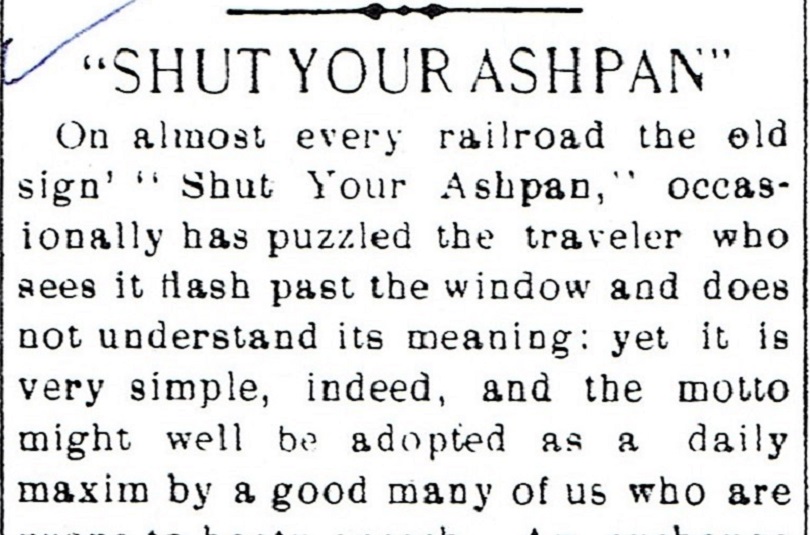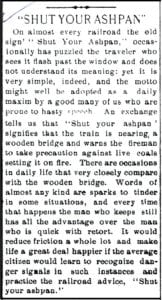The pink-chalk late winter sunrise peeks through the trees beyond my office window as I play out my literary life’s latest version of “all good things come to an end.” Behind me stands a tower of storage containers. I’m packing up ten years of research that went into The River by Starlight. A library of more than 80 books, binders stuffed with clippings from 30 newspapers across 50 years and a dozen states. Maps, photos, postcards, antique knickknacks, and a tub of over a hundred pencils from dozens of libraries and archives visited. How I loved every minute of that research. Many writers talk of “going down the rabbit hole” with research, warning of its distractions and frittered time, but it was never that to me; it was an exhilarating hunt for one more fact, one more new word, one more insight that made for a fuller picture of the story I was trying to tell. The rabbit hole brimmed with wonder and delight.

As I’m writing, the light has turned yellow-chalk, bringing up the sharp memory of a passage from the book deleted many revisions before publication.
The house has a patch of yard in the back; the dirt packed hard as rock and, in Annie’s estimation, would require a stick of dynamite to break ground for a garden. Instead she buys a few sticks of chalk to fashion hopscotch squares for the girls.
Hipscotch, hopscotch, hip-hip-hooray…
Templehupfen, her mother called the game. Trampled-house-pen? Annie’s young tongue twisted the foreign sounds helplessly. Ma glared, rolled her eyes. The last square, she explained as if talking to an imbecile, is the safe square – the temple. You want to get to the temple because you want to be safe.
Amanda’s fear of the Lord pervaded even a child’s jumping game.
I’d forgotten that little piece of research, about children’s games in 19th century Europe. But I smiled because a historical fiction writer’s fascination with the obscure is as common as … child’s play.
Sifting through the piles will take weeks because I’m constantly stopping to admire some long-forgotten tidbit I’d saved, like any other leftover thing we save for a day “when I might do something with it.”
That day has come. Because headlines like “Beer Causes Insanity” and “The Canned Green Pea Bomb” and “The Joy of Pockets” were too choice to toss.
Some of these peeks at the past impart sage and timeless wisdom, some are just nuts. Entertaining, diverting, infuriating, provocative, inspiring–and well worth a few minutes’ read. So today I’m launching a series called Horse Sense and Nonsense from the Rabbit Hole. My inaugural piece, SHUT YOUR ASHPAN, appeared in the Pine Island [Minnesota] Record, sometime around April 1909. You can’t tell me that title didn’t catch your eye. Right?
Through my son’s long-ago intense interest in trains, I knew what an ashpan was, and that “shut your ashpan” was a fire prevention safety instruction. But as a metaphor-loving wordmeister, I knew there would be a sharp elbow of opinion in that hoary news item.
The piece would have made my save-it pile out of nostalgia for my father’s oft-repeated admonition, sometimes attributed to Abraham Lincoln (but may have a Biblical origin):
Better to be thought a fool and remain silent than to open your mouth and to remove all doubt.
From the Bible to a 19th century President to an early 20th-century small town newspaper to my mid-century dad, to our lamentably coarse present-day public discourse, train buffs and etymology lovers alike might agree that “Shut your ashpan” is advice for the ages.
SHUT YOUR ASHPAN

On almost every railroad the old sign, “Shut Your Ashpan,” occasionally has puzzled the traveler who sees it flash past the window and does understand its meaning: yet it is very simple, indeed, and the motto might well be adopted as a daily maxim by a good many of us who are prone to hasty speech. An exchange tells us that “Shut your ashpan” signifies that a train is nearing a wooden bridge and warns the fireman to take precaution against live coals setting it on fire. The are occasions in daily life that closely compare with the wooden bridge. Words of almost any kind are sparks to tinder in some situations, and every time that happens the man who keeps still has all the advantage over the man who is quick with the retort. It would reduce friction a whole lot and make life a great deal happier if the average citizen would learn to recognize the danger signals in such instances and practice the railroad advice, “Shut your ashpan.”
Horse Sense and Nonsense from the Rabbit Hole is an occasional column of fun old stuff gleaned from Ellen’s 15+ years as a historical fiction and nonfiction researcher and writer.

Leave A Comment